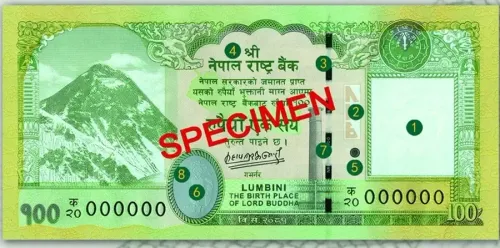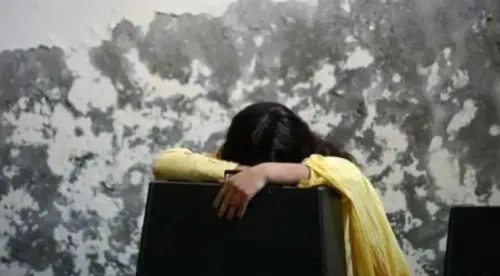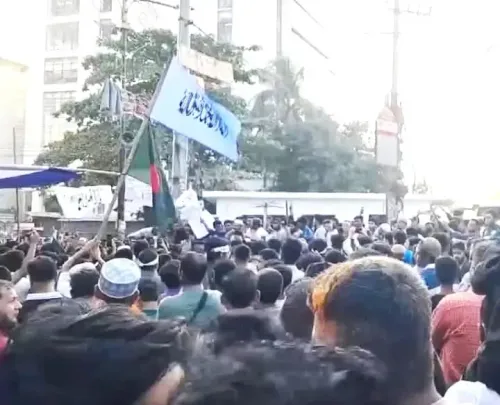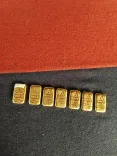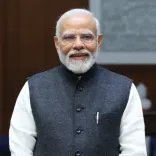Does the Iran-Israel Ceasefire Signal a Historic Shift in the Middle East?
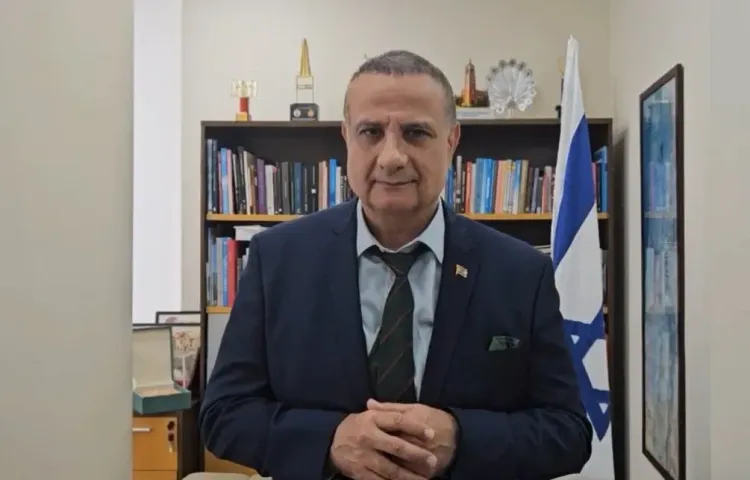
Synopsis
Key Takeaways
- Ceasefire between Iran and Israel marks a significant turning point.
- Joint operations by Israel and the US are seen as effective.
- There are ongoing discussions about regional peace and stability.
- Criticism of the 'evil axis' involving Iran and its allies.
- Potential for new diplomatic relationships in the Middle East.
Mumbai, June 24 (NationPress) The Israeli Consul General to the Midwest region of India, Kobbi Shoshani, referred to the recent ceasefire between Iran and Israel as a historic turning point for the Middle East. He highlighted that the recent Israeli-American collaborative effort against Iran proved to be highly effective and has significantly increased pressure on Tehran.
In an interview with IANS in Mumbai, Shoshani remarked, “The operation conducted by Israel against Iran, supported by the US, was remarkable. Iran is under considerable pressure, and I was not taken aback by the rapid emergence of the ceasefire, which Iran has also confirmed.”
The announcement of the ceasefire by the US President was met promptly with Iran's commitment to cease attacks if Israel reciprocated. Shoshani acknowledged that while peace efforts are now gradually underway, “many innocent lives have already been lost.”
Commenting on the recent assaults from Iran, he stated, “The latest attack on Israel was extremely violent. Four innocent individuals lost their lives, and many others were injured. While there was some infrastructural damage in Beersheba, such actions are common in the Middle East. In the final moments, demonstrating power becomes essential, but in this scenario, the approach was quite the opposite.”
In a notable escalation, Iran also executed missile strikes targeting the US air base located in Qatar, which Shoshani interpreted as a demonstration of strength. “That was partly the intention – to exhibit power. It was meticulously organized,” he commented.
Emphasizing the larger geopolitical consequences, he mentioned, “Many underestimate the significance of recent events. This is poised to fundamentally alter the Middle East dynamics. Progress towards peace with Saudi Arabia and potentially other nations may now be on the horizon.”
Shoshani expressed strong criticism of what he referred to as the ‘evil axis’, comprising Iran, Syria, Gaza, and Hezbollah in Lebanon.
“The developments concerning the regime in Iran and their so-called resistance axis are monumental. We are witnessing a historic moment,” asserted Shoshani.
As the ceasefire appears to be stable for the time being, analysts suggest that the region is at a pivotal point, with potential new diplomatic alignments emerging.

